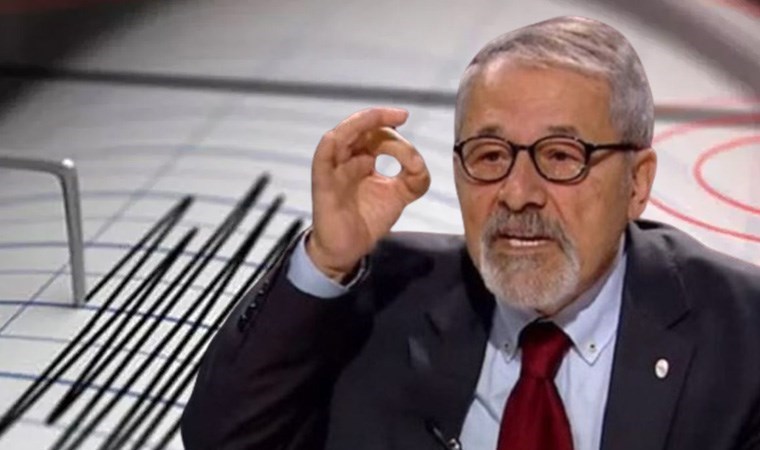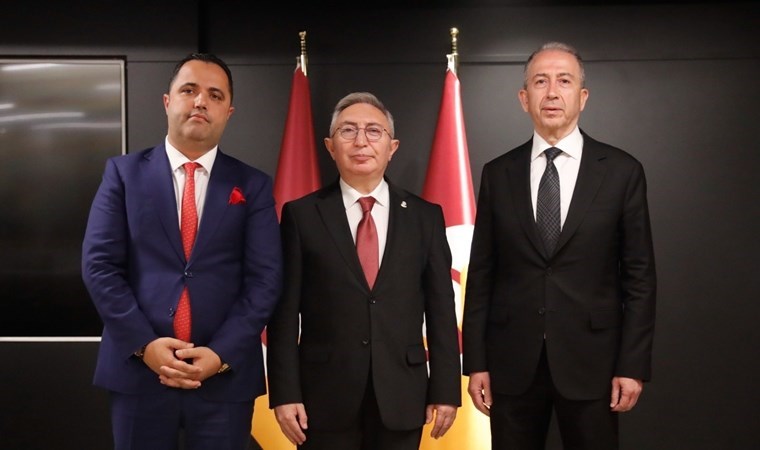Opinion: Expansion and De-Dollarization at the Heart of the BRICS Summit
Mehmet Ali Güller

The ongoing BRICS summit marks a historic occasion that carries significant implications for the establishment of a multipolar world. Convening over the past day and concluding today, this summit's decisions hold the potential to shape global dynamics.
As the summit concludes today and its final declaration is set to be announced, it's noteworthy that at the time of submitting this article, the sessions were still in progress. Thus, a comprehensive assessment will be provided in my subsequent article.
DUAL AGENDAS IN HARMONY
The 15th BRICS Summit encompasses two intertwined agendas: expansion and de-dollarization.
The equation is straightforward: the BRICS' enlargement will inherently lead to heightened de-dollarization within global trade. The five constituent countries – China, Russia, India, Brazil, and South Africa – have long advocated for this correlation.
However, nuanced differences persist among them regarding the extent and pace of expansion, along with the prioritization of de-dollarization strategies. In essence, this summit serves as a forum to bridge these divergences and chart an optimal trajectory.
COMMON OBJECTIVE, VARYING APPROACHES
With more than 40 countries expressing interest in BRICS membership, 23 of them doing so officially, it's evident that the BRICS expansion is underway. Among the five members, China emerges as the most fervent proponent of expansive growth, while Brazil leans towards measured progression.
Conversely, in the context of a shared currency, the dynamics shift: Brazil emerges as the most enthusiastic advocate for a common currency, while China underscores the importance of phased and gradual implementation.
Hence, the anticipated final declaration today is likely to harmonize within these contours.
PRIORITIZING STRENGTHENED NATIONAL CURRENCIES
While Brazil signals receptiveness toward a "common currency," the prevailing consensus leans towards "amplifying the role of national currencies."
Elevating the prominence of national currencies necessitates a "shared payment system." This initiative holds particular significance for countries under substantial Western sanctions, such as Russia.
Yet, to facilitate this, it's imperative to bolster the reserves of the BRICS New Development Bank.
Consequently, this tripartite monetary model, prioritizing the ascent of national currencies, is poised to materialize before the envisaged "common currency."
EXPANDED BRICS YIELDS GREATER DE-DOLLARIZATION
The interplay between expansion and de-dollarization remains pivotal.
Efforts towards de-dollarization hinge on intensifying the utilization of national currencies, mirroring an evolving trend in global trade. Notably, this process has already been incrementally unfolding within the BRICS bloc.
From this perspective, a compelling argument emerges the wider the BRICS expansion, the more pervasive the adoption of national currencies in international trade, thereby amplifying de-dollarization.
It is this intricate dynamic that fuels the expansion of BRICS. Given the constraints in simultaneously accommodating numerous membership requests, it is plausible that a sequential evaluation will ensue, commencing with Africa and ultimately culminating in the institutionalization of BRICS+.
Simultaneously, the ranks of the BRICS New Development Bank are set to swell. To date, three additional countries have become part of this institution, with over 50 countries expressing interest in joining.
ESTABLISHING A MULTIPOLAR ORDER
In essence, the evolving BRICS framework, characterized by expansion and the elevation of national currencies, serves to erode dollar hegemony while cultivating multipolarity. As a bloc that has already eclipsed the G7 in terms of economic size, BRICS is primed to further magnify its influence alongside its expansion, thereby expediting the emergence of a multipolar global order and fostering greater inclusivity in international relations...

En Çok Okunan Haberler
-
 Dünya üzerinde yaşayan son canlı o olacak
Dünya üzerinde yaşayan son canlı o olacak
-
 'Sakın 'Bizim burada fay yok' diye düşünmeyin'
'Sakın 'Bizim burada fay yok' diye düşünmeyin'
-
 Erdoğan, Kalın ve Tunç'u Saray'a çağırdı
Erdoğan, Kalın ve Tunç'u Saray'a çağırdı
-
 'Kızılcık Şerbeti'nin Nilay'ı polislere yakalandı!
'Kızılcık Şerbeti'nin Nilay'ı polislere yakalandı!
-
 Ev sahipleri artık bu şartları arıyor!
Ev sahipleri artık bu şartları arıyor!
-
 Valilik açık alanda alkol kullanımını yasakladı!
Valilik açık alanda alkol kullanımını yasakladı!
-
 Çocukları için ekmişti, şimdi 20 dönüm arazide ekiyor
Çocukları için ekmişti, şimdi 20 dönüm arazide ekiyor
-
 ORC anketinde AKP'ye büyük şok!
ORC anketinde AKP'ye büyük şok!
-
 Gezi Parkı Davası'nda kritik gelişme
Gezi Parkı Davası'nda kritik gelişme
-
 13 bin istasyonda tabelalar yarın değişiyor
13 bin istasyonda tabelalar yarın değişiyor
















